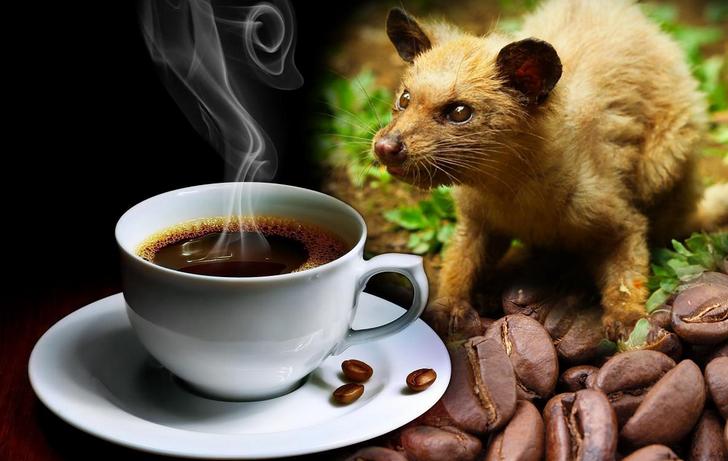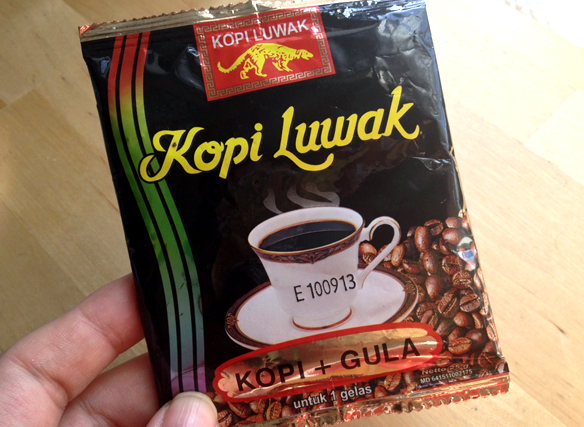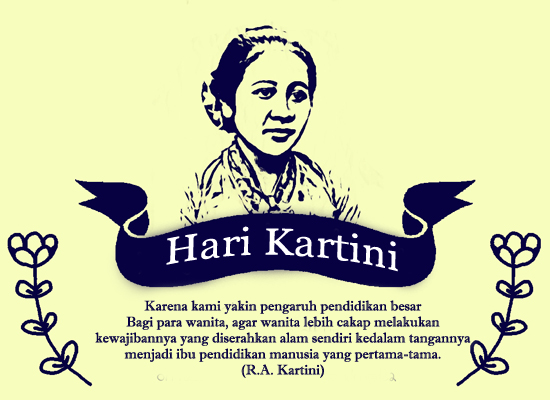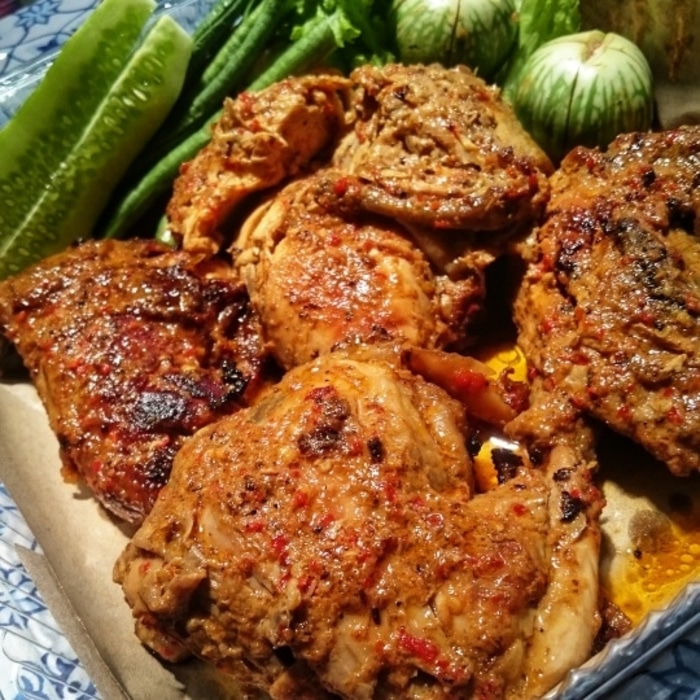Coffee luwak, also known locally as kopi luwak, has become as much a part of the tourist shopping experience in Indonesia. According to Wikipedia, Kopi luwak, or civet coffee, refers to the coffee that includes part-digested coffee cherries eaten and defecated by the Asian palm civet (Paradoxurus hermaphroditus).
The supposed allure of coffee luwak is that civets (small and winsome nocturnal animals, distant relatives of cats) eat only the best coffee beans off coffee bushes. Then as the beans pass through the civet’s digestive tract, various enzymes and digestive juices affect the chemistry of the bean. Once liberated from the civet turds, the beans are roasted and brewed, producing a somehow superior cup of coffee.
In the last few years the hype around coffee luwak has become shrill and as more and more coffee connoisseurs are willing to plop down cash for ‘the world’s most expensive cup of coffee’ the number of people selling same has exploded. Consider the following:
- There is no agreed upon flavour profile for coffee luwak, thus no one can say definitively what a cup should – or does – taste like.
- The only way you know you are drinking a cup of coffee luwak is because the person selling you this brewed beverage for US$10 or more says so.
Despite the potential for outright fraud, huge factory farms for coffee luwak have sprung up. Wild luwaks – the trapping of which is supposed to be strictly controlled in Indonesia – are caught by poachers, caged and force-fed coffee cherries in order to crap out the beans for the pleasure of the thousands who have been conned into buying this “incredibly rare” and very expensive “luxury” coffee.
In the wild, civets roam widely and coffee is but a tiny part of their diet. You may well see a caged civet at a Bali coffee luwak attraction where the nocturnal creature is kept awake to amuse tourists.
For the most part, civet coffee is not harvested in the wild in limited quantities but mass produced by animals kept in appalling conditions — it’s high time we stopped drinking it






